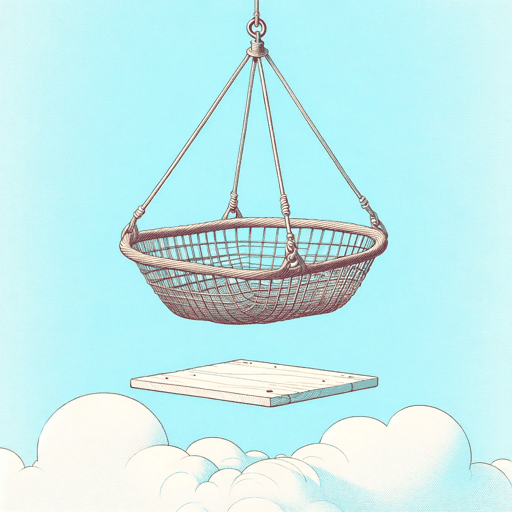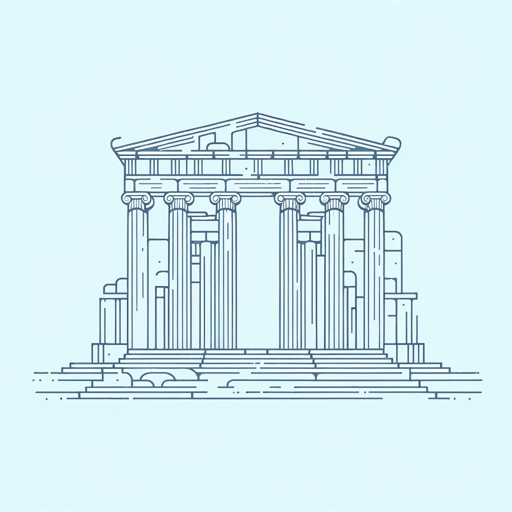44 pages • 1 hour read
AristophanesThe Clouds
Fiction | Play | Adult | BCEA modern alternative to SparkNotes and CliffsNotes, SuperSummary offers high-quality Study Guides with detailed chapter summaries and analysis of major themes, characters, and more.
Important Quotes
Content Warning: This section obscures the use of an offensive anti-gay slur.
“It is a Thinkery for intellectual souls. That’s where the people live who try to prove that the sky is like a baking-pot all round us, and we’re the charcoal inside it. And if you pay them well, they can teach you how to win a case whether you’re in the right or not.”
(Lines 95-99)
These lines introduce the audience to the infamous “Thinkery.” The Thinkery, headed by Socrates, symbolizes the new intellectualism of the fifth century BCE that many Athenians—including Aristophanes—saw as a dangerous challenge to traditional values. The Thinkery’s danger lies in the amorality of their teachings, which Aristophanes highlights when Strepsiades enrolls to cheat his creditors.
SOCRATES. I am walking upon air and attacking the mystery of the sun.
STREPSIADES. Well, if you must attack the Mysteries of the gods, why can’t you do so on the ground?
SOCRATES. Why, for accurate investigation of meteorological phenomena it is indispensable to get one’s thoughts into a state of suspension and mix its minute particles into the air which they so closely resemble.”
(Lines 221-231)
Strepsiades’s first encounter with Socrates reveals a great deal about the way Aristophanes presents Socrates’s character. Socrates speaks in the elevated diction associated with the gods of drama. He implicitly attacks traditional ideas about the divine by examining natural or “meteorological phenomena.” Strepsiades misinterprets Socrates’s meditation on the “mystery of the sun,” the sun being a god in traditional Greek religion, as a contemptuous attack on the “Mysteries of the gods.” In the original Greek, there are two possible meanings of the word “periphronein,” which can mean either “to contemplate” or “to hold in contempt.”
“STREPSIADES. It doesn’t matter what fees you charge; I’m prepared to swear by the gods that I’ll pay them.
SOCRATES. What do you mean, swear by the gods? The first thing you’ll have to learn is that with us the gods are no longer current.
(Lines 245-247)
It was common practice in ancient Greece to swear an oath to pay a teacher’s fee, with the gods acting as the enforcers. Socrates cannot accept such payment; in his view, the traditional gods are “no longer current,” one of his many challenges to the traditional pantheon in the play.
Related Titles
By Aristophanes
Featured Collections
Ancient Greece
View Collection
Books on Justice & Injustice
View Collection
Comedies & Satirical Plays
View Collection
Dramatic Plays
View Collection
Education
View Collection
Good & Evil
View Collection
Philosophy, Logic, & Ethics
View Collection
Religion & Spirituality
View Collection
School Book List Titles
View Collection






